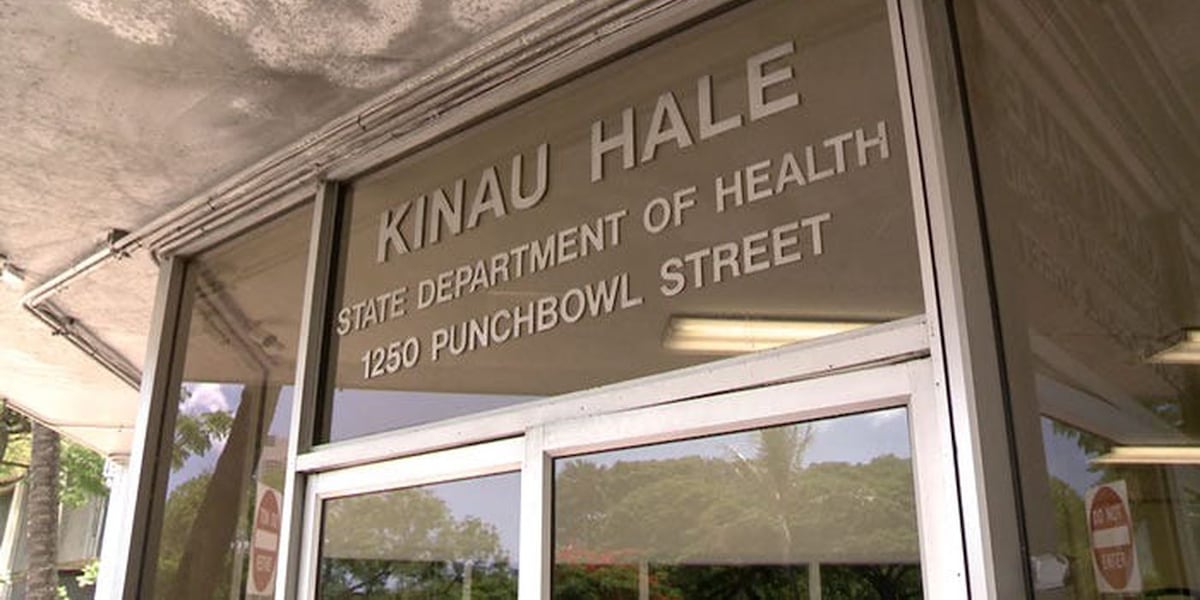Are Your Healthy Foods Secretly Raising Your Colon Cancer Risk? Canadian Doctors Sound the Alarm
2025-05-19

Daily Mail
- Canadian Health Alert: Leading Canadian doctors are raising concerns about a surprising link between popular 'healthy' foods and an increased risk of colon cancer.
- The Culprit: Research is increasingly focusing on a specific ingredient commonly found in many processed foods, protein shakes, and even coffee.
- Understanding the Risk: We break down the latest findings, explain how this ingredient may contribute to colon cancer development, and offer practical steps you can take to protect your health.
- Beyond the Headlines: This isn't about eliminating all 'healthy' foods. It's about making informed choices and understanding the potential risks associated with certain additives.






